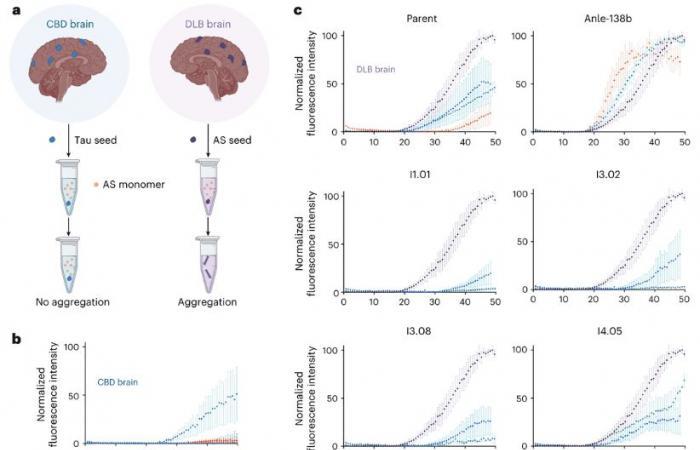All about Artificial intelligence
Parkinson’s, a nervous system disorder that affects movement, is the second most common degenerative disease in the world, behind only Alzheimer’s. Despite researchers’ efforts, there are currently no medications or therapies that can slow or prevent the progression of the condition.
A new technique based on artificial intelligence, developed by the University of Cambridge, could make the search for treatments for Parkinson’s less laborious, less expensive and 10 times faster.
Search for medicines
- Scientists have developed an AI tool that can identify compounds that block the clumping of the protein that causes Parkinson’s.
- They used the technology to investigate a gigantic chemical library and found five potential compounds.
- This chemical screening process is one of the first phases in the creation of any medicine and is usually time-consuming and expensive.
- With AI, the step was accelerated by 10 times and reduced the cost of the process by a thousand times.
- The expectation is that, thanks to the tool, treatments for the disease will quickly reach patients.
Read more:
Inhibiting alpha-synuclein
When someone has Parkinson’s, proteins called alpha-synuclein, important for neuronal function, don’t behave as they should. They fold and clump together, forming Lewy bodies, which accumulate in the brain and cause the death of nerve cells.
To treat Parkinson’s, scientists are trying to find small molecules that can stop these proteins from clumping together. Finding them is a long and difficult process, which delays the discovery of new treatments. But this must change with AI.
The first tests
Some of the compounds found have already passed the first phases of testing. This time, the researchers used computers to predict which compounds would be best. They trained the learning model with information from the initial experiments and were able to identify which parts of the molecules were important for binding to the problematic proteins.
These compounds were designed to target specific areas of aggregated proteins and inhibit their uncontrolled increase. As a result of AI analysis, they have become hundreds of times more powerful and cost-effective than those created previously.
Machine learning is having a real impact on the drug discovery process – it is speeding up the entire process of identifying the most promising candidates.
Michele Vendruscolo, research leader, for Medical Xpress
The research was published in the journal Nature Chemical Biology.
Tags: searching Parkinsons treatments times faster







